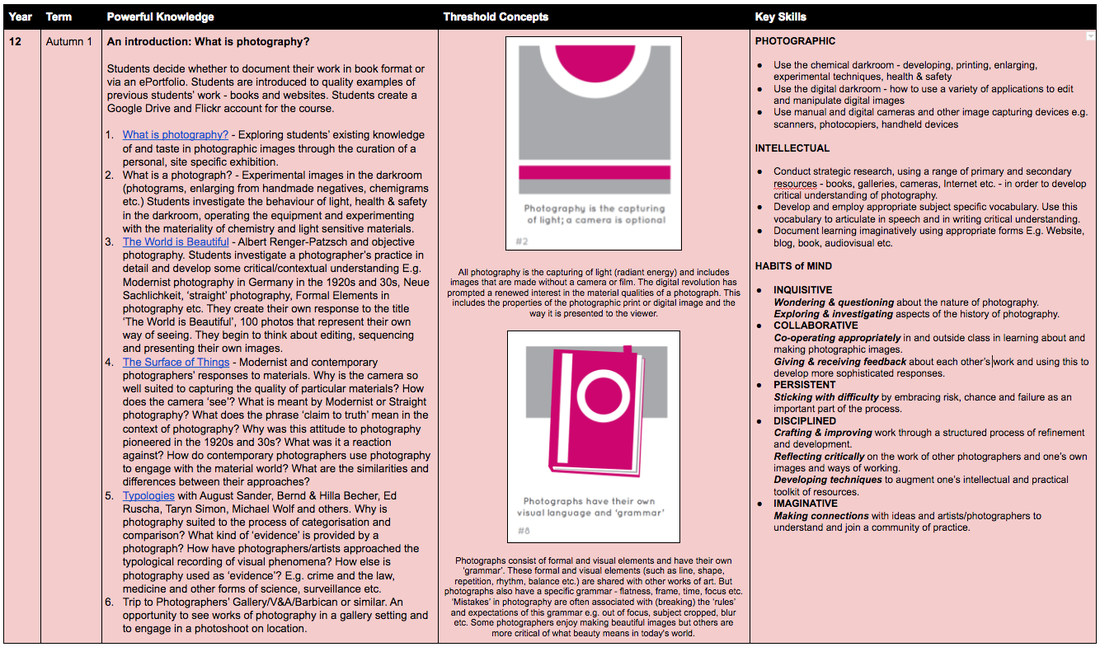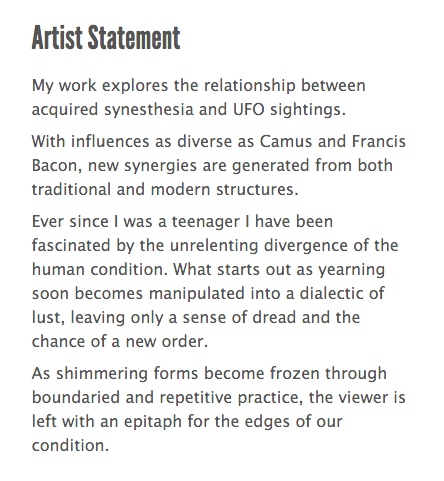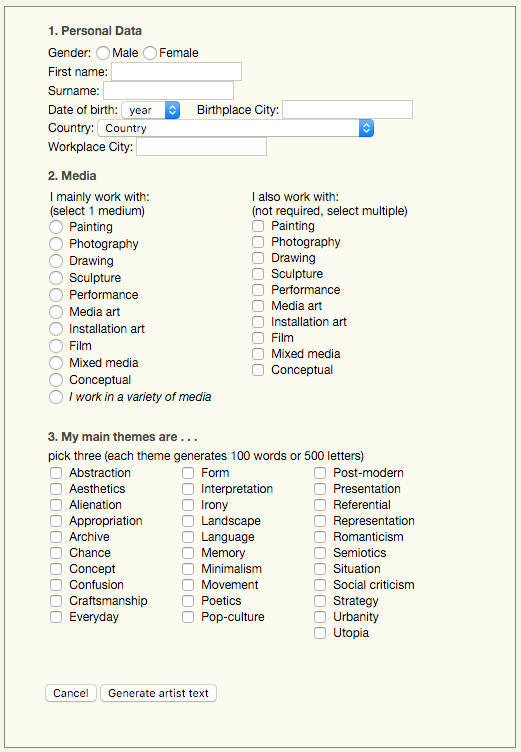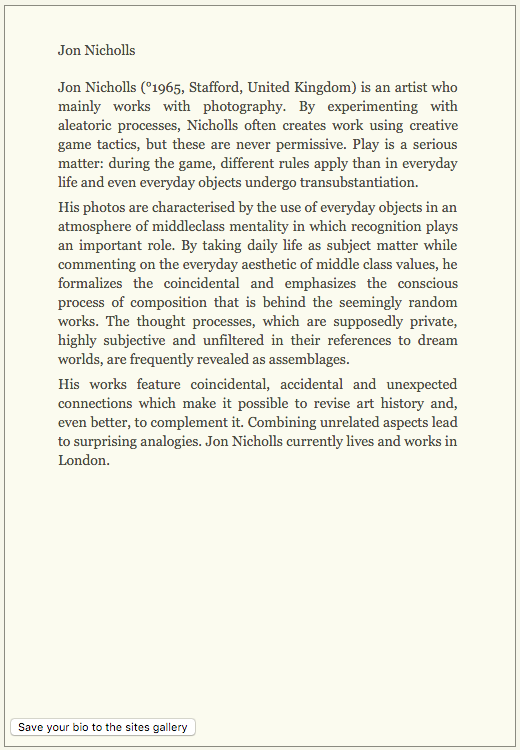This year, with the various changes to subject specifications, we at Tallis were asked to revisit our Programmes of Study at KS4 and 5 ensuring that they were fit for purpose. In an earlier post, I described why we made the decision in the visual arts to go linear. We no longer offer the AS qualification in photography or art. This summer has felt quite different with only the A2 students being moderated. This meant that we needed a Programme of Study that would sustain students for two years, support those who arrived in Year 12 with little experience of the subject but also stretch and challenge those who had done GCSE photography and needed to move on quickly.
The structure we were given by senior leaders for our new Programmes of Study was as follows:
We've been hard at work for the last couple of years testing a variety of mini projects with Year 12 students. Many of these have been shared in the Lesson Plans section of this website. In the last couple of weeks we have begun to shape our new Programme of Study. As always we've written it in Googledocs so we can keep it as a live document, editing, tweaking, adjusting collaboratively as we go. We are happy to share the document with other colleagues outside school, knowing how valuable it is to connect with professionals in other contexts and with different experiences and expertise to our own. This is what the first half term looks like:
Hopefully, you can see how the three elements knit together: Powerful Knowledge, Threshold Concepts and Key Skills. In terms of the two year programme it breaks down like this:
Autumn 1 - An introduction: What is photography? Mini projects begin.
Autumn 2 - Mini projects continue, each dealing with a specific historical/contextual issue and giving students opportunities to develop their own work in response. Objective vs Subjective approaches to photography.
Spring 1 - Photo Exchange and the beginning of the extended Photobook project.
Spring 2 - Photobook project continues, the launchpad for the Personal Investigation.
Summer 1 - Personal Investigation continues, supplemented by occasional provocations E.g. Inside /Outside, Mirrors or Windows? etc.
Summer 2 - Personal Investigation continues.
Autumn 1 - Personal Investigation continues.
Autumn 2 - Personal Investigation continues. Students begin finalising their responses and pulling together their accompanying essays.
Spring 1 - Personal Investigation concludes. Component 2 The Externally Set Task begins (1st Feb)
Spring 2 - The Externally Set Task continues
Summer 1 - The Externally Set Task concludes (shortly after Easter)
The first two terms of Year 12 give us an opportunity to tackle the notion of photography in terms of relative objectivity and subjectivity. Alongside an introduction to the chemical darkroom as a kind of experimental space, where the magic of light can be observed and captured, we attempt to juxtapose the Modernist tradition (straight, objective, documentary) of photography with approaches that celebrate photography's ability to represent subjective experience. We also attempt to tackle issues surrounding the ethics of photography and an awareness of the difference between photography as art and all the many forms of photography that belong to other domains - the law, medicine, surveillance, war etc. We hope that an awareness of the history and theory of photography (still hotly contested) will help students see their own work in context.
We are live testing this type of structure with our current Year 12 students and making tweaks to the Programme based on what we have learned with them. So far, the basic structure seems to have worked well, giving students a good grounding in the subject (without the distraction of the AS exam) and allowing them to develop their own practice and interests. We are particularly pleased with the Photobook project. It has been a great platform on which students can build a sense of themselves as photographers and thus confidently begin the fully assessed Personal Investigation. It also means that each student is responsible for defining the nature of their own investigation through an authentic process of research and practice.
Here are just a few examples of selected pages from Year 12 photobooks:
Jon Nicholls
Thomas Tallis School






 RSS Feed
RSS Feed